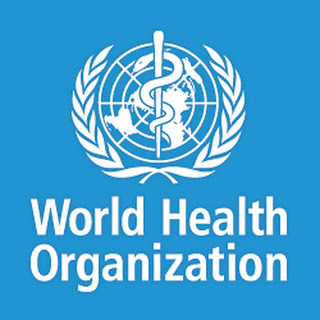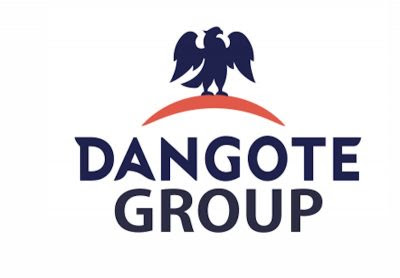The World Health Organisation (WHO) has said there is no evidence that those who recover from COVID-19 complications cannot get reinfected.
The global health body, in a brief published on Friday, said some governments have suggested that the detection of antibodies could serve as the basis for an “immunity passport” or “risk-free certificate” that would enable individuals to travel or to return to work with the thought that they are protected against reinfection.
But WHO said they continue to review the evidence on antibody responses to the infection.
“Most of these studies show that people who have recovered from infection have antibodies to the virus. However, some of these people have very low levels of neutralizing antibodies in their blood, suggesting that cellular immunity may also be critical for recovery,” the brief read.
“As of 24 April 2020, no study has evaluated whether the presence of antibodies to SARS-CoV-2 confers immunity to subsequent infection by this virus in humans.
“Laboratory tests that detect antibodies to SARS-CoV-2 in people, including rapid immunodiagnostic tests, need further validation to determine their accuracy and reliability. Inaccurate immunodiagnostic tests may falsely categorize people in two ways.
“The first is that they may falsely label people who have been infected as negative, and the second is that people who have not been infected are falsely labelled as positive. Both errors have serious consequences and will affect control efforts.
“These tests also need to accurately distinguish between past infections from SARS-CoV-2 and those caused by the known set of six human coronaviruses. Four of these viruses cause the common cold and circulate widely. The remaining two are the viruses that cause Middle East Respiratory Syndrome and Severe Acute Respiratory Syndrome. People infected by any one of these viruses may produce antibodies that cross-react with antibodies produced in response to infection with SARS-CoV-2.”
Read Also Coronavirus: Nigeria confirmed cases surge over 1000
WHO said many countries are now testing for COVID-19 antibodies at the population level or in specific groups, such as health workers, close contacts of known cases, or within households.
The organisation added that it supports studies that will provide data on the percentage of people with detectable COVID-19 antibodies, but most are not designed to determine whether those people are immune to secondary infections.













